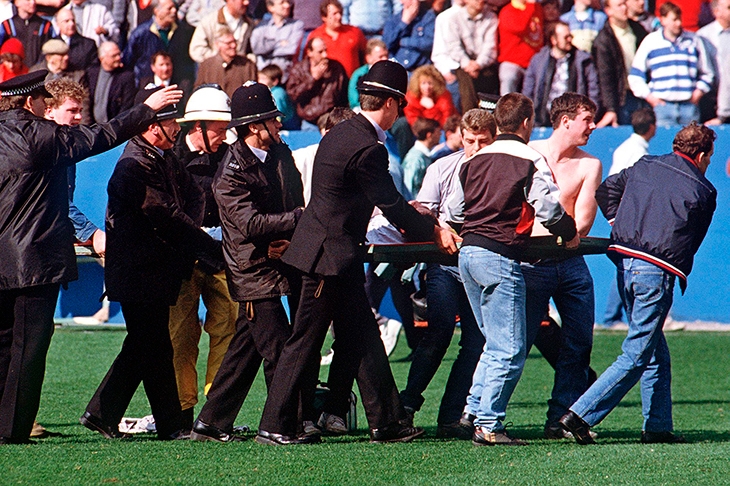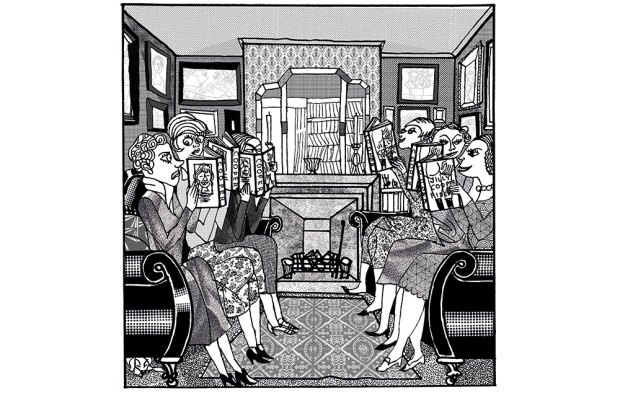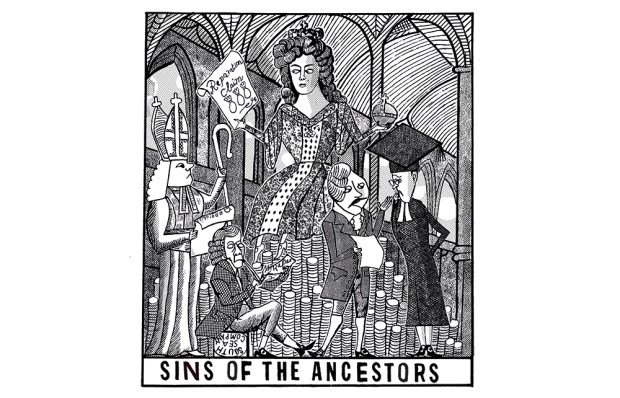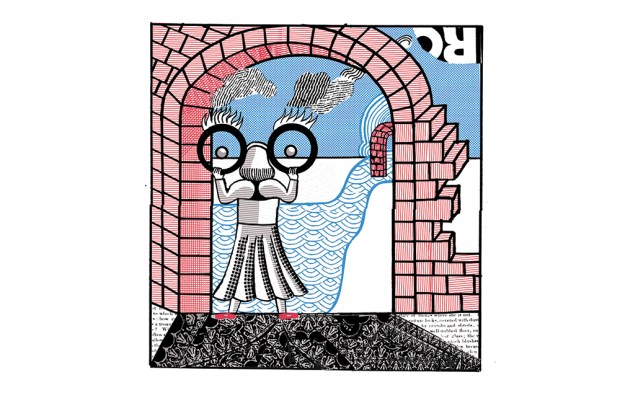Eight years ago, I was instructed as leading counsel for two South Yorkshire Police officers who had overseen the force’s evidence-gathering in response to the Hillsborough stadium disaster. They were accused of trying to minimise the blame placed on the police by amending witness statements.
It has been the longest and most challenging assignment of my 27-year career, with the weight of public and media opinion pitted heavily against us. Finally, last week, the only one of my two clients to be criminally charged, 83-year-old retired chief superintendent Donald Denton, was cleared, alongside a 74-year-old retired detective chief inspector and the former police solicitor. It was a just outcome that demonstrated judicial integrity and independence at its best.
I have been a lifelong Liverpool fan and was a season ticket holder for years. I was not at the fateful semi-final in Sheffield on 15 April 1989, in which 96 innocent people died. But I had a standing ticket for the FA Cup final at Wembley between Liverpool and Everton, a few weeks after the disaster. The case was very close to home for me.
That’s why, before taking on the case, like most people, I had certain preconceptions. The popular narrative was straightforward: the police engaged in a systematic ‘cover-up’ following the disaster falsely to lay the blame on ‘drunken, ticketless’ Liverpool fans.
The Sun infamously splashed this falsehood, with an unintentionally ironic headline: ‘The truth.’ The Spectator, too, has felt the wrath of the city of Liverpool. Former editor Boris Johnson apologised in 2012 for running an offensive leader column in 2004 that accused Liverpudlians of refusing ‘to acknowledge, even to this day, the part played in the disaster by drunken fans’.
The accusation against Mr Denton was that he had attempted to minimise the blame placed on the police by altering officers’ notes given in the immediate aftermath of 15 April 1989. It soon became abundantly clear that there was no evidence of wrongdoing by Mr Denton at all. He was completely innocent. Like most conspiracy theories, the truth of the alleged Hillsborough ‘cover-up’ was far more mundane: the police’s legal team had told the force to submit purely factual statements to the 1989 Taylor inquiry, rather than the emotive and highly personal notes officers made immediately after the event as a form of ‘catharsis’. This was hardly surprising, as Lord Justice Taylor himself asked for plain, factual, non-repetitive and unemotional statements at the preliminary hearing for the inquiry in late April 1989. It was also because officers had been assured that their notes were confidential and would not be released without their permission. There was some thinking, among the lawyers, that they had to preserve the police (and its insurer) from damages claims. Mr Woodward QC, who was representing the police at the time, said at an early meeting: ‘We [South Yorkshire Police] should think of ourselves as the accused.’
Whatever the rights and wrongs of that legal advice, it was clearly not a police cover–up. Every version of every document was retained, much of it stored on the police computer system used at the time. Nothing was shredded. Nothing disappeared. That meticulous approach to document retention and storage is the only reason it has been possible to examine the events so fully in all the legal proceedings concerning Hillsborough over the past 32 years.
The trial judge, Mr Justice Davis (a senior High Court judge), concluded last week that the accounts amended by the police had been prepared for a ‘departmental inquiry’, held by Lord Justice Taylor in 1989. Because this was not a statutory public inquiry, it was not considered a ‘course of public justice’, so there was no law that could have been perverted. In any event, there was nothing exceptional about lawyers advising on the amendment of witness statements. It happens in virtually every piece of litigation. In Mr Denton’s case, there was no evidence that he even knew the details of the amendments carried out, let alone that he was somehow up to no good in the process. Some three decades after the tragedy, the last criminal prosecution from the Hillsborough disaster has finally come to an end.
There was predictable outrage at last week’s verdict, which was portrayed again — quite wrongly — as a failure of the establishment and the legal system. Liverpool FC said the decision was a ‘huge disappointment’ and that the victims had been ‘let down yet again’. Greater Manchester mayor Andy Burnham, who campaigned for the families, said: ‘We’ve all given it our all but our all was not enough to secure any accountability for the 96 unlawful deaths on British soil.’ Liverpool metro mayor Steve Rotherham added that the decision was a ‘stain on the judicial system’. None of these comments bore any relation to the evidence in court. It was political opportunism running amok.
The families of the deceased are understandably angry, but they are not helped by false claims, by people who should know better, of a large-scale ‘cover-up’ conspiracy. I sat through five weeks of prosecution evidence in the recent criminal trial, in which my client Mr Denton was charged with perverting the course of public justice, without asking a single question of any witness. The reason was simple — there was no evidence that he had done anything wrong, from any of the witnesses called. Not a scrap of it, as the judge made clear.
The truth is Donald Denton should never have been charged. He was the victim of political, media and public pressure applied on the CPS, which sacrificed a loyal and decent man rather than face the wrath of the Hillsborough campaigners, their lawyers and their media allies.
The Hillsborough disaster happened for a variety of reasons, as Lord Justice Taylor decided all those years ago, of which police mismanagement of the supporters was a key factor (on top of the inherent unsafety of penning supporters in behind bars). The time has come to stop the blame game in such cases and to start to view tragedies as opportunities for truth, reconciliation and learning. If we cease clamouring for prosecutions at all costs, and focus instead on making sure these tragedies do not happen again, the world will be a much better place. Vengeance helps nobody.
Got something to add? Join the discussion and comment below.
Get 10 issues for just $10
Subscribe to The Spectator Australia today for the next 10 magazine issues, plus full online access, for just $10.
You might disagree with half of it, but you’ll enjoy reading all of it. Try your first month for free, then just $2 a week for the remainder of your first year.














Comments
Don't miss out
Join the conversation with other Spectator Australia readers. Subscribe to leave a comment.
SUBSCRIBEAlready a subscriber? Log in